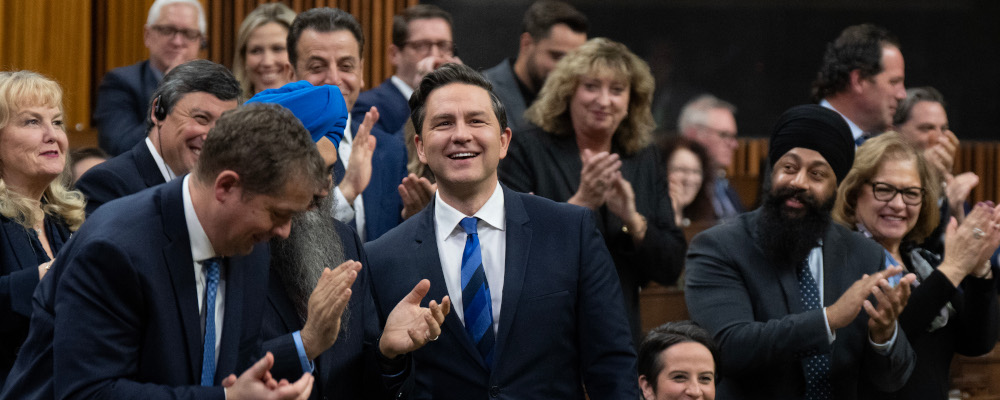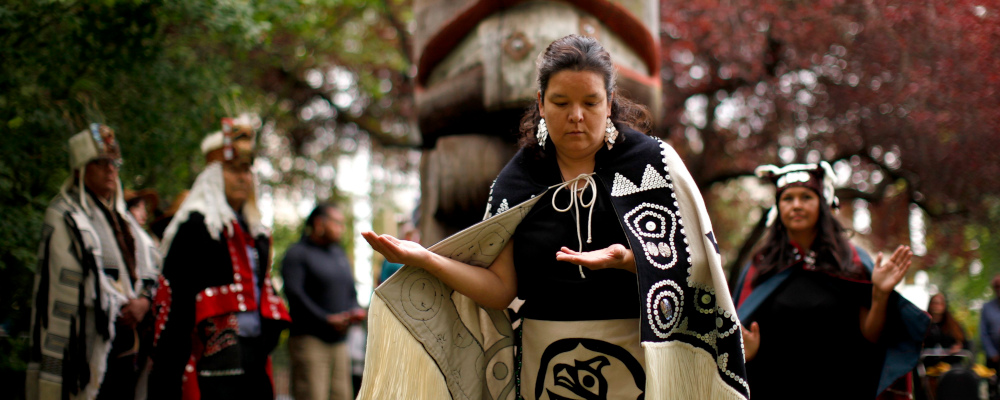Parliament is back, but what should we expect from the Official Opposition during this sitting? The Hub’s editor-at-large Sean Speer exchanged with Ian Brodie, the former chief of staff to Prime Minister Stephen Harper, to get an insider’s perspective on what issues the Conservatives should be focusing on, how they should be preparing for the next election, and what Pierre Poilievre can do to defuse accusations that he is just a watered down Donald Trump.
SEAN SPEER: A common subject of debate in political circles centres is the proper balance for the Opposition leader and party in terms of prosecuting their case against the government and setting out their own policies and priorities. What’s your advice on that balance? Should Pierre Poilievre and the Conservatives start to roll out their own policies? Or should they mainly continue to make the negative case against the government and its record?
IAN BRODIE: Mr. Poilievre has succeeded so far by mixing innovation and tradition. He’s focused on traditional conservative (and Canadian) pocketbook issues. When Stéphane Dion proposed a carbon tax, Stephen Harper understood it was a “massive new tax on everything” and turned it into a pocketbook issue. Six, now seven, years I guess, after Justin Trudeau’s carbon tax, none of our major trading partners are following his lead, and certainly not at his ultra-high level. Poilievre has driven the link harder than Harper did—”The carbon tax is making your life more expensive”—and even Trudeau has been forced to cave.
The innovation has been to bring housing into the equation. Housing wasn’t really a federal Conservative issue in the Mulroney years, despite Alan Redway’s efforts. It certainly wasn’t an issue for Harper. But Poilievre wrapped his personal branding around the housing issue and made it his own with the “housing, not bureaucracy” pitch. It worked like magic. And when the Trudeau Liberals tried to blame immigrants for the housing crisis, Poilievre nicely adjusted his immigration position to keep the focus on the big picture.
There’s more to do over the next year or year and a half. Step out a bit on crime. Maybe he can take on health care the way he took on housing. There is no reason to put out a platform right now. Harper gave the right advice on this in March at the Canada Strong & Free Network conference. But the way you attack the government gives clues on the platform. We didn’t release any of Harper’s 2006 platform until just before the election. But I don’t think there were any surprises in that platform. Our attacks on taxes, ethics, crime, health, and child care gave away most of that platform ahead of the election call.
SEAN SPEER: Another possible tension is between holding the government accountable in the House of Commons and getting out to meet Canadians, recruiting so-called “star” candidates, and raising money. How should Poilievre think about his role as Opposition leader and Conservative Party leader in terms of the allocation of his time and attention in Parliament itself?
IAN BRODIE: Poilievre doesn’t have to worry about money. The Conservative fund goes from strength to strength. Message leads to momentum leads to money. While the media environment has changed since 2006—there’s a lot more DIY media through Facebook and YouTube—a leader who doesn’t spend time in Ottawa drops off the public agenda and loses touch with his caucus. Poilievre has a good balance of time in Ottawa versus time in the field, and he keeps his eyes on the issues facing Canadians when he’s in Ottawa. No need for a big rethink there.
Candidate recruiting will get easier as we get closer to the election. If he’s still up 10 points at the end of the year, he’ll have his pick of candidates. Really good candidates don’t want to give up their jobs 18 months ahead of election day for nonstop campaigning. Leaving the nominations open in those prime seats is the best way to make room for good candidates. The best open seat is Calgary Signal Hill, where Ron Liepert isn’t running again. I don’t see a need to open the nomination race any time soon there.

If there’s a challenge it’s in convincing Canadians the team is ready to govern and can be trusted with the keys to the cabinet room. Harper always refused to discuss the details in public but did say voters should be satisfied that he was doing everything needed to be ready should he get a mandate. He began those preparations in 2004 and never really stopped working on his preparations for governing. Knowing he had a good team doing good work freed his mind and made him more confident on the campaign trail. That, as much as any policy or program pronouncement, helped make him a winner. He reached out beyond his immediate circle and found people he could trust. It all went on behind the curtain if you will, but it improved the public face.
SEAN SPEER: It’s pretty clear that the Trudeau government’s main attack on Mr. Poilievre and the Conservatives is that they amount to so-called “MAGA Republicans” outside of the mainstream of Canadian politics. How should they respond to this line of attack?
IAN BRODIE: Poilievre isn’t Trump. He’s far more disciplined, far more traditional, and shares almost no key policies with the former president. That said, the constant suggestion that he’s Canada’s Trump is suggestive to people who don’t pay much attention to politics. Harper faced the same thing with the “hidden agenda” message. The only solution is to stay ahead of the desperation tactics. Focus on issues that matter to Canadians. Offer positive ideas of freedom and aspiration.
Recommended for You

Ginny Roth: J.D. Vance, Pierre Poilievre, and how they slice their economic pie

David Polansky: As President Biden leaves the race, will the Democratic Party hodgepodge hold?

RCMP spending to protect MPs may have risen 112% since 2018, as Canadian politicians face greater rise in threats

Trevor Tombe: Canadians are paying billions in hidden taxes on new homes










